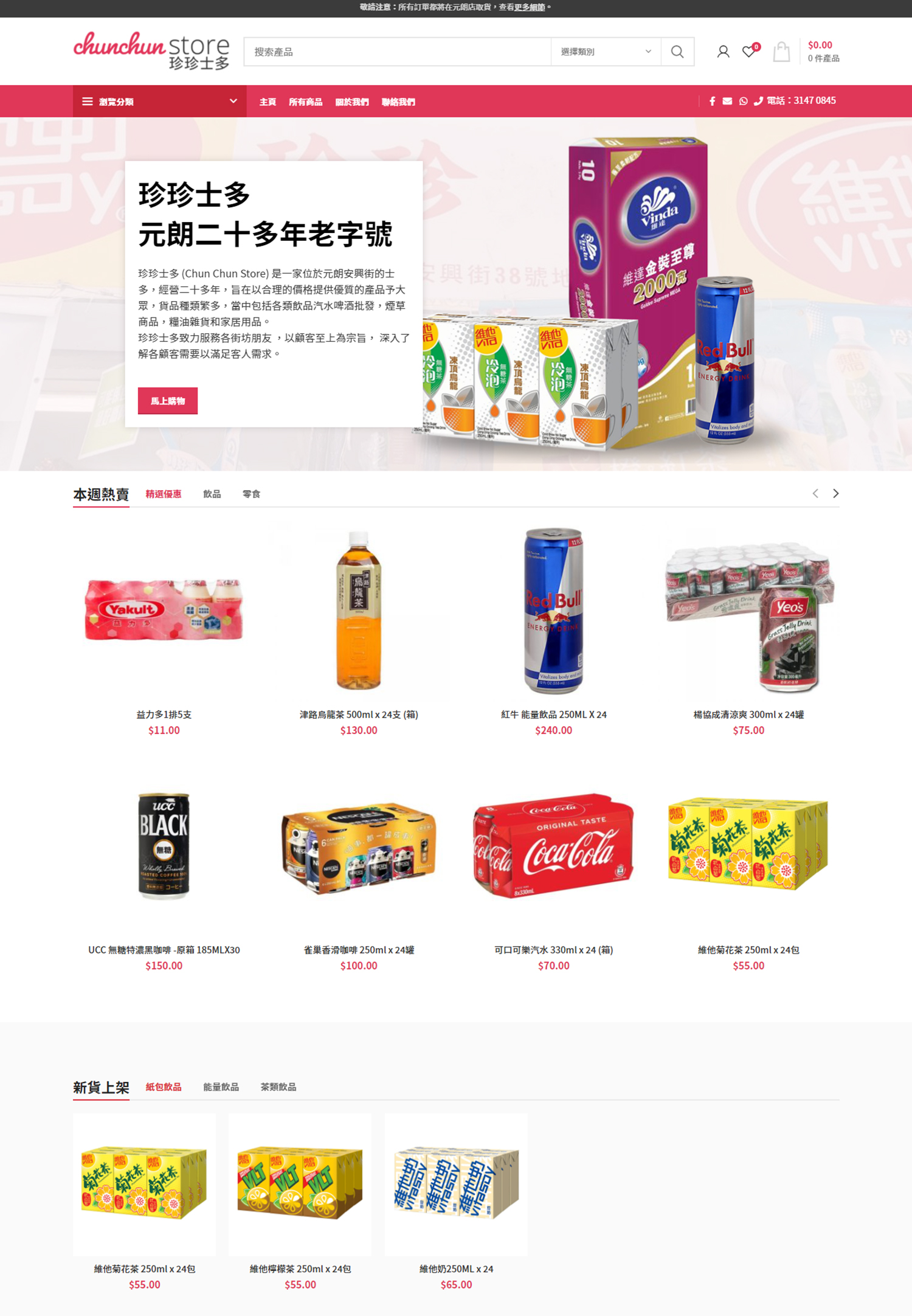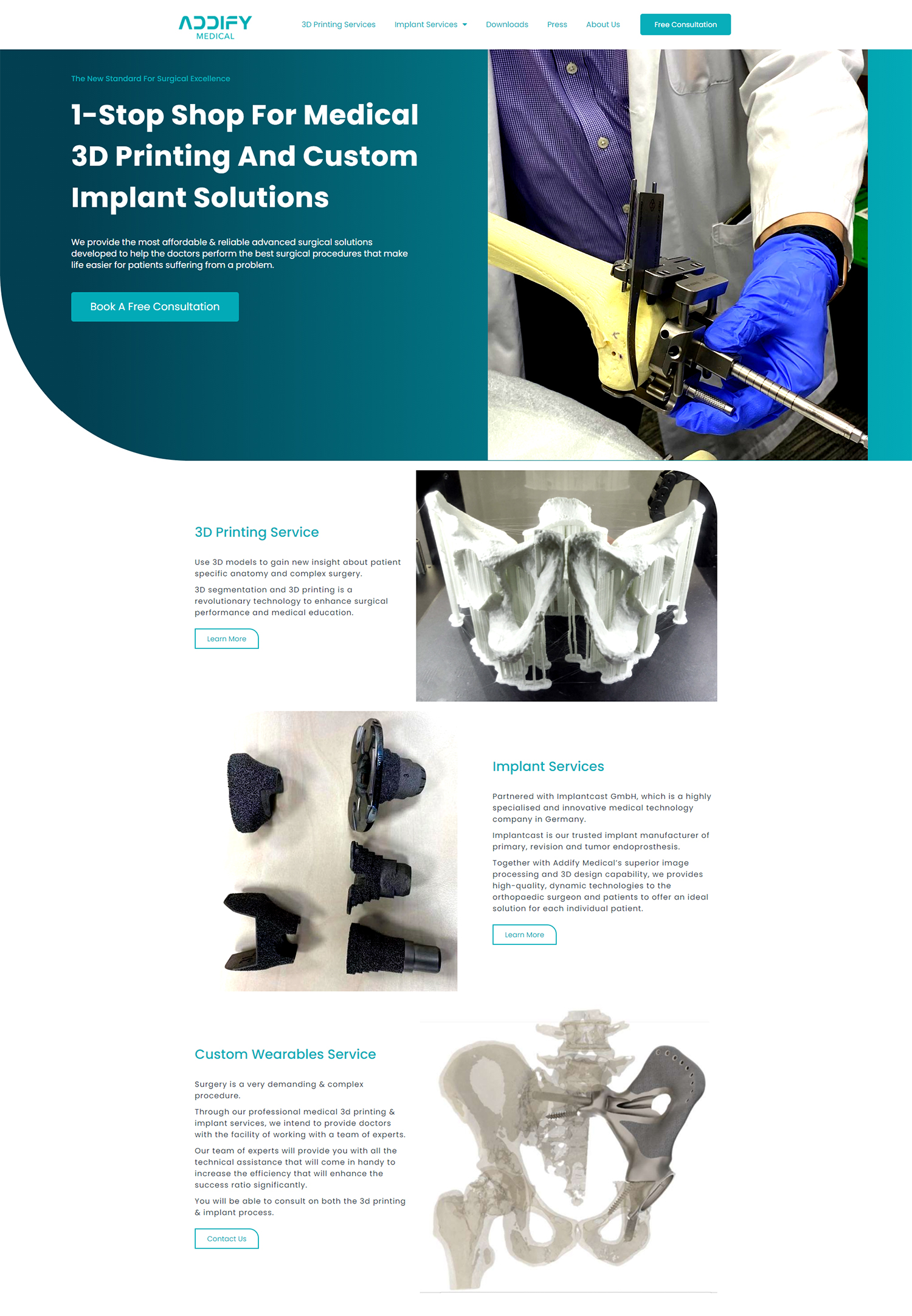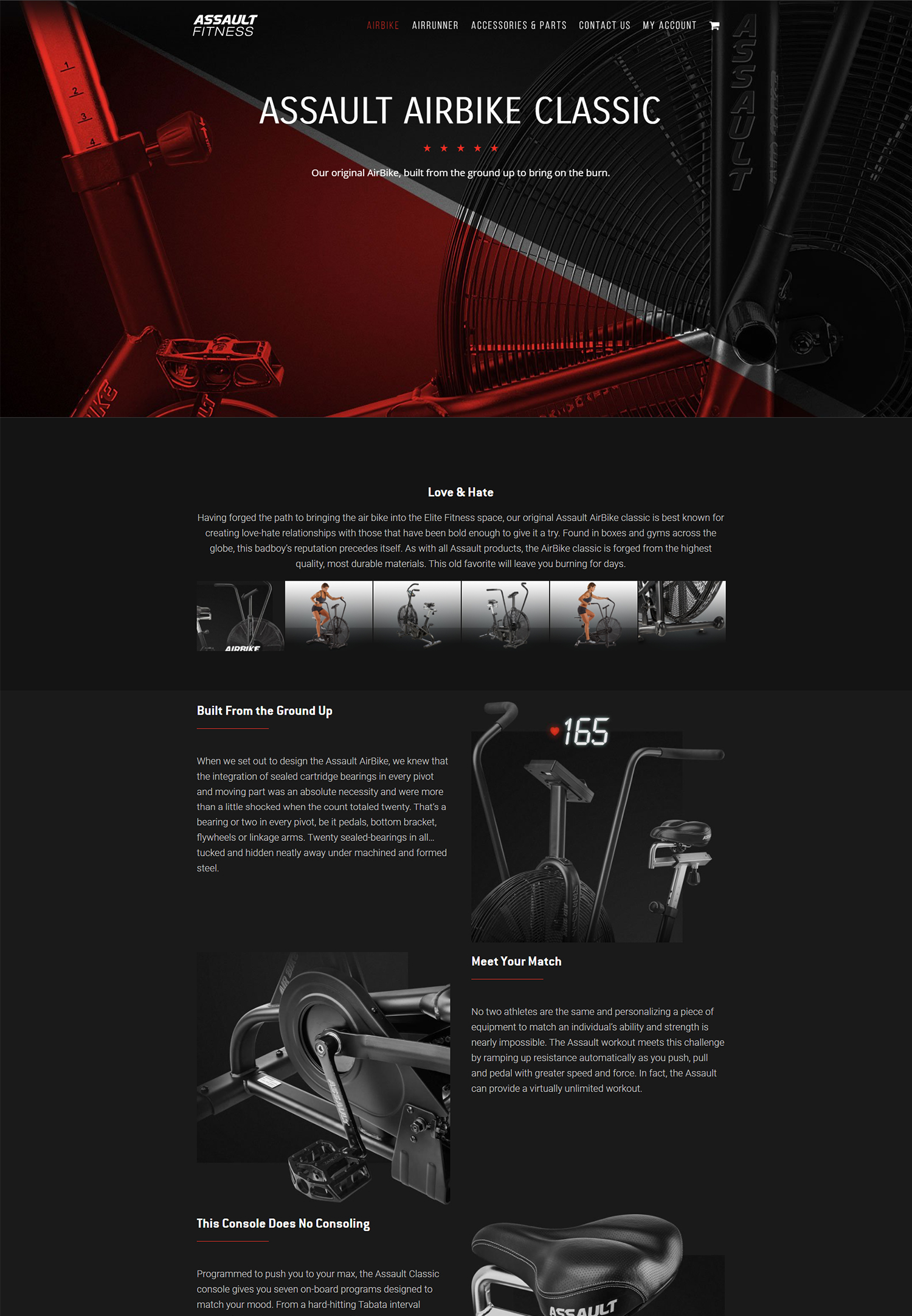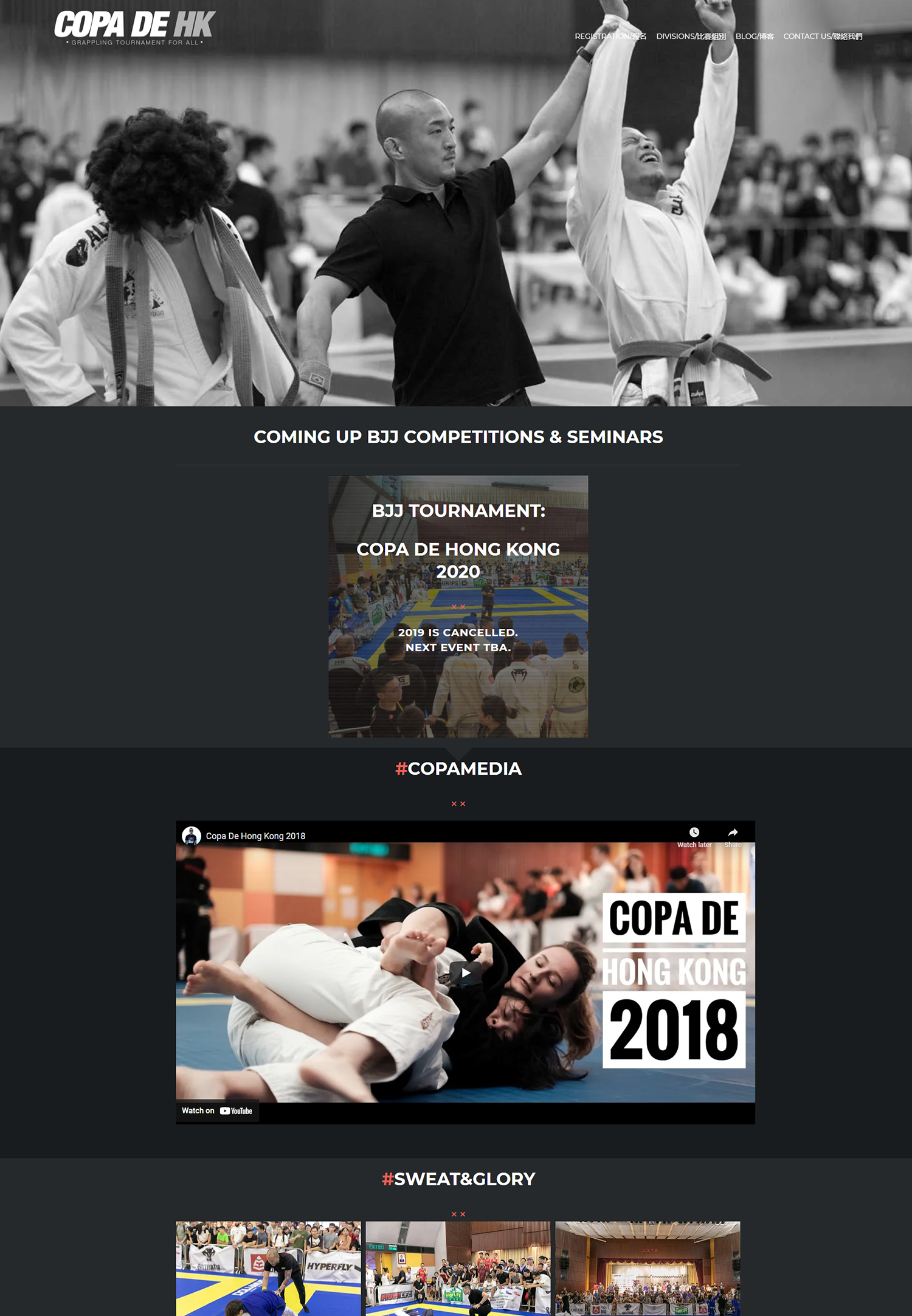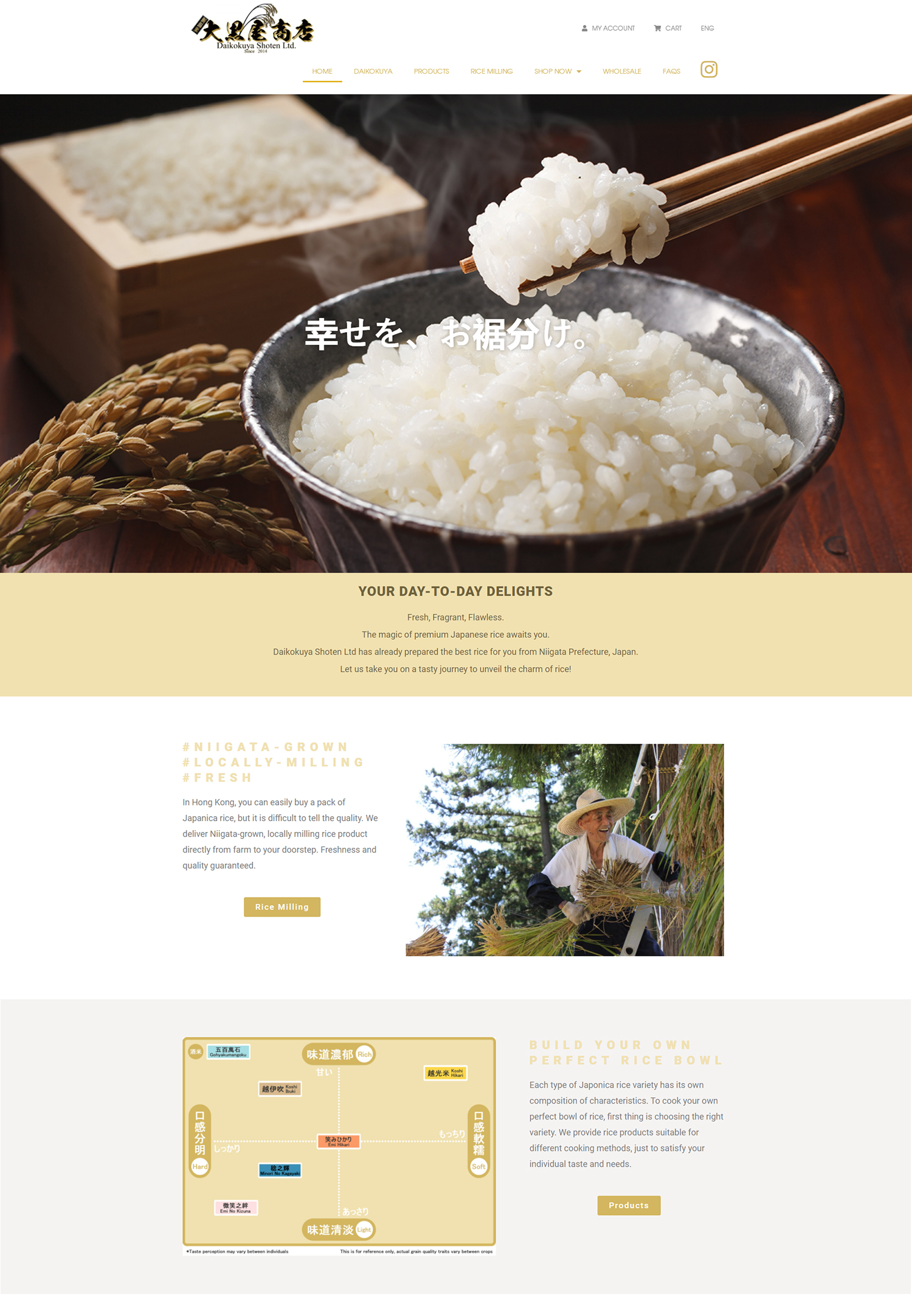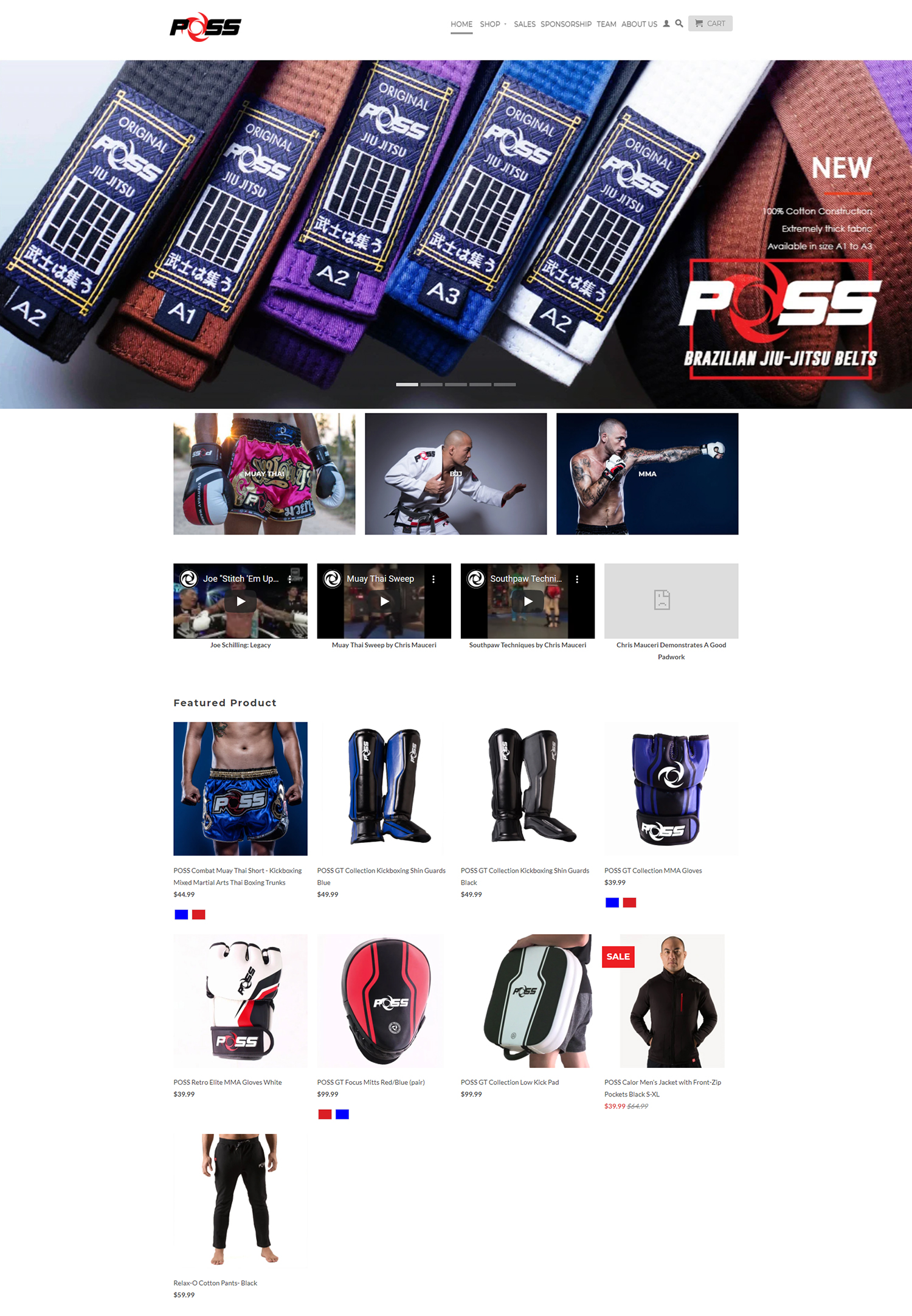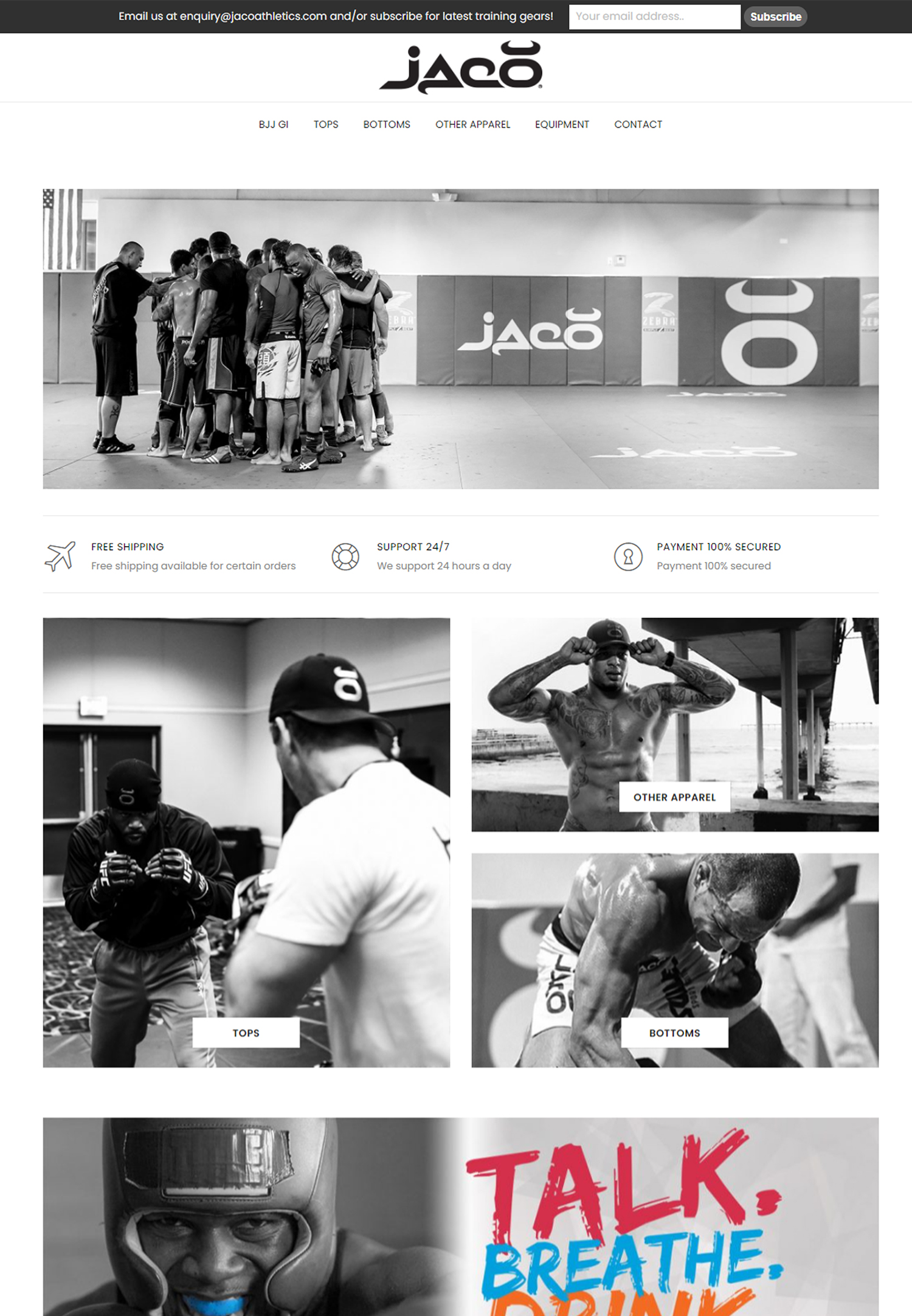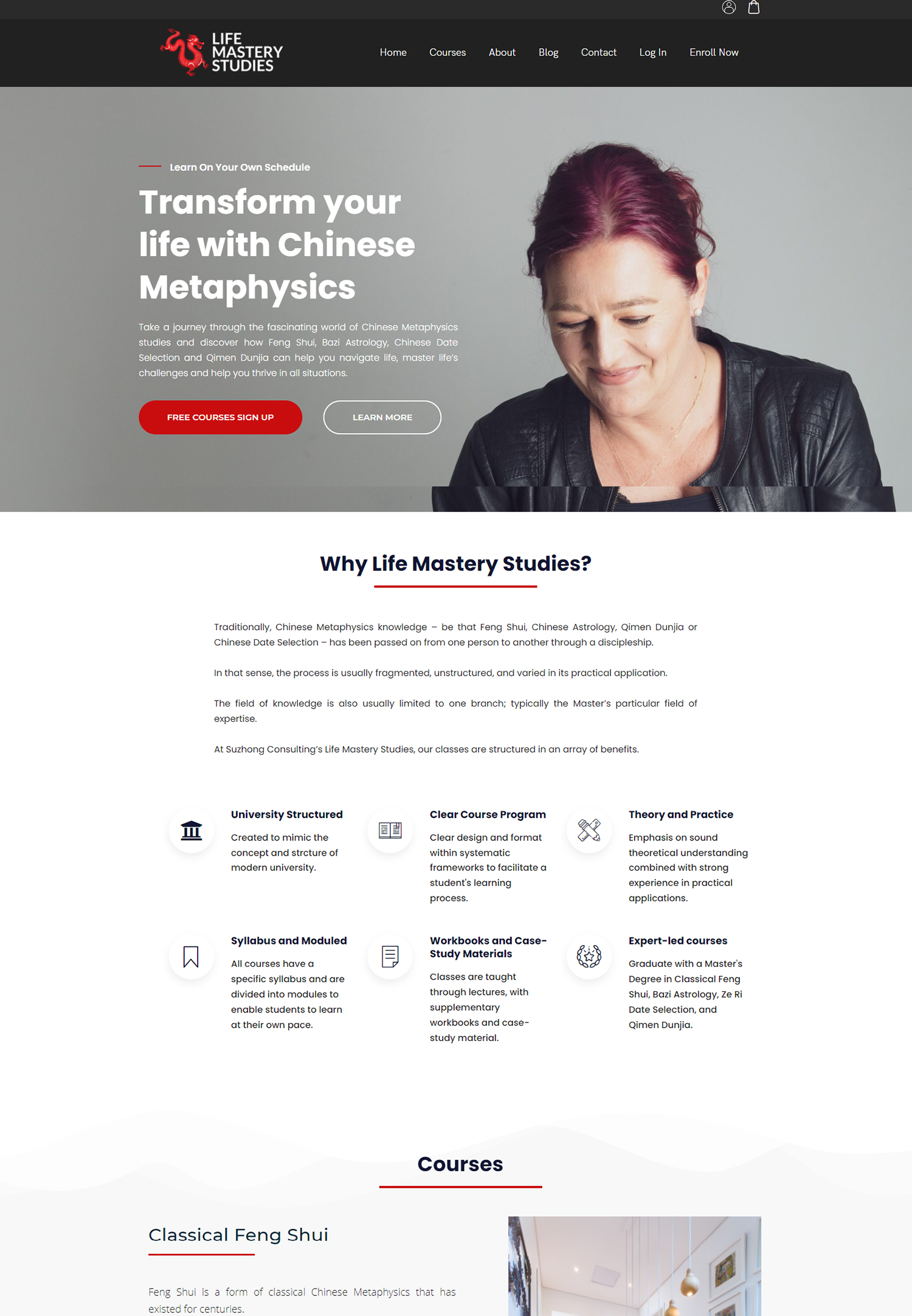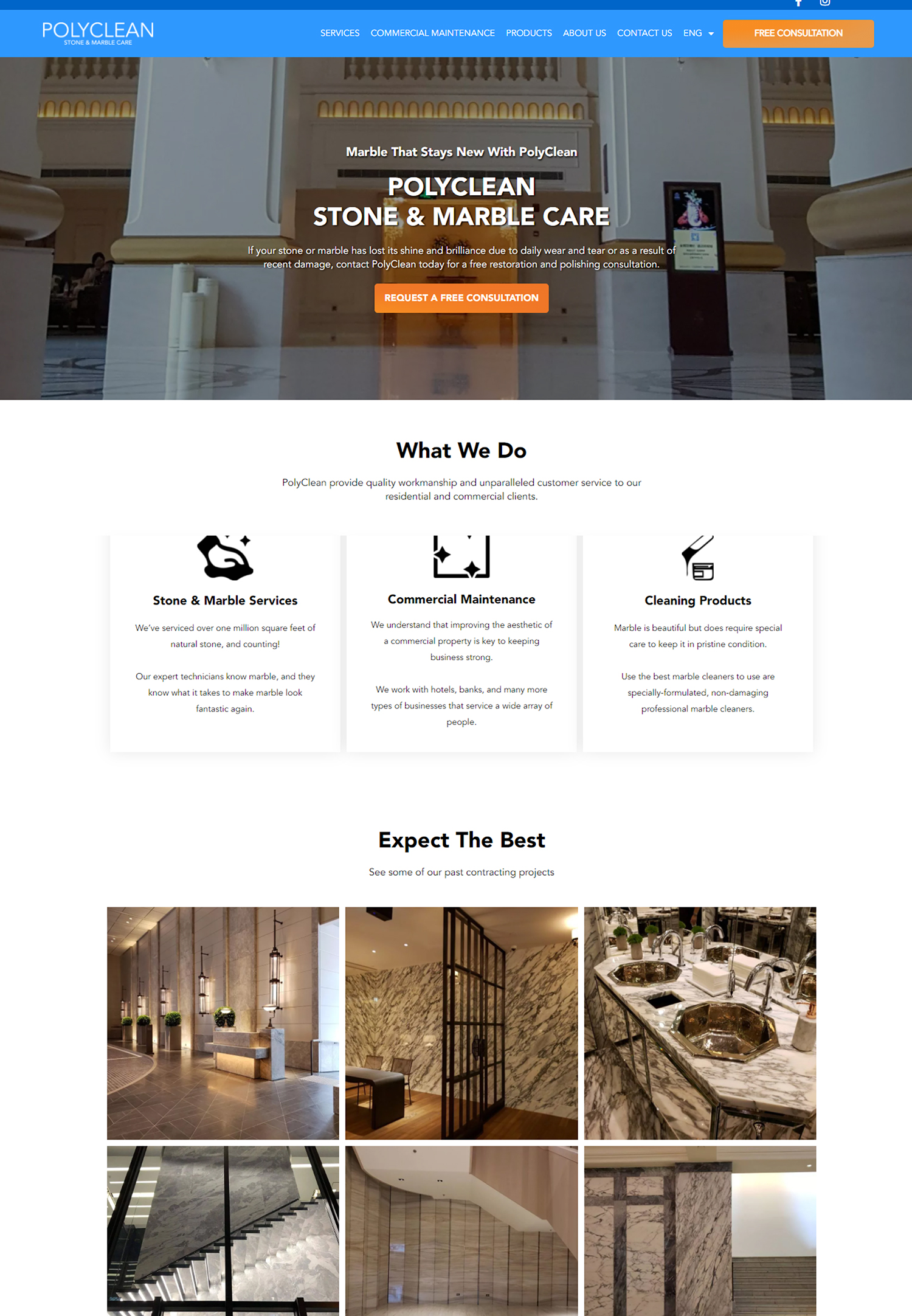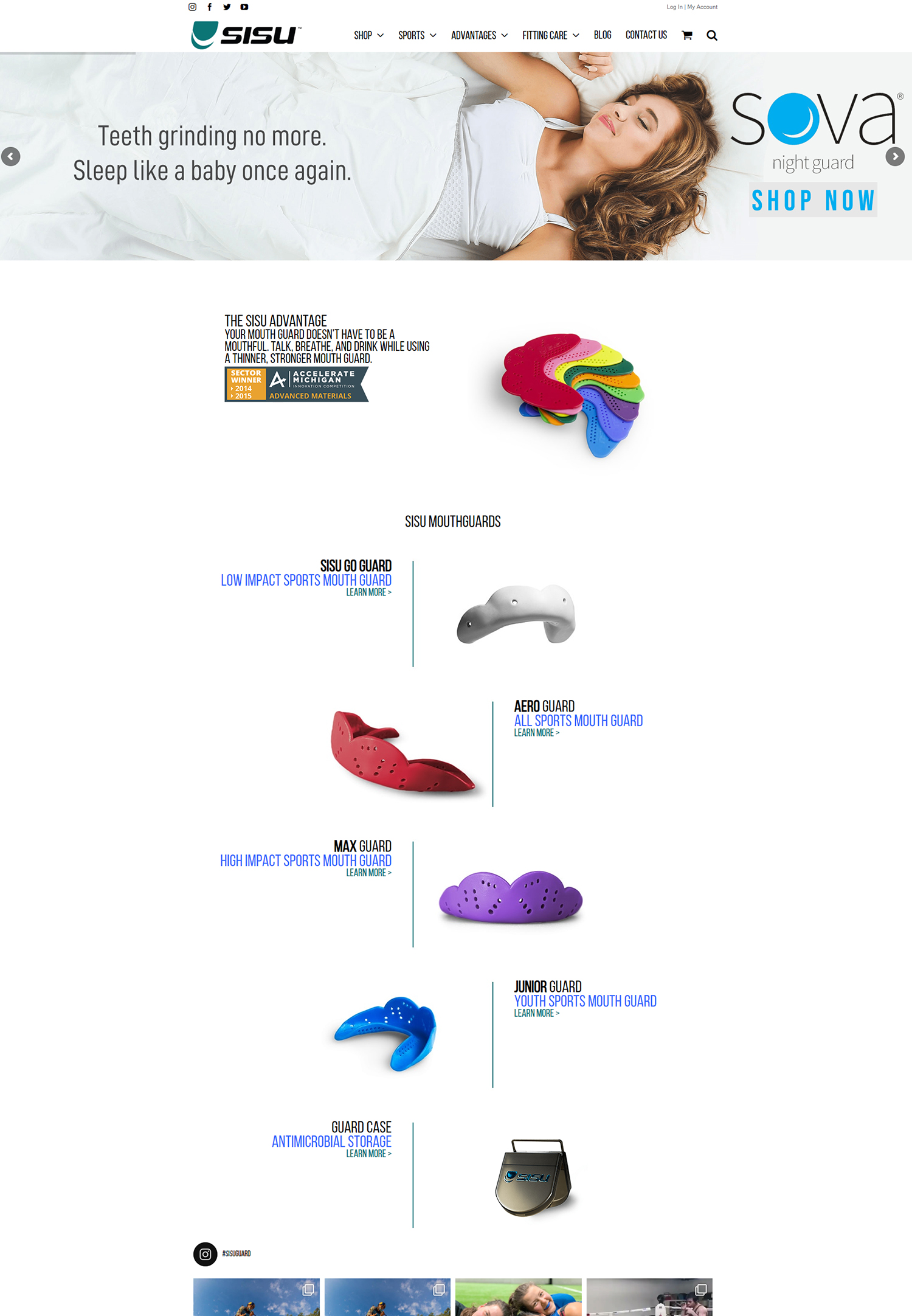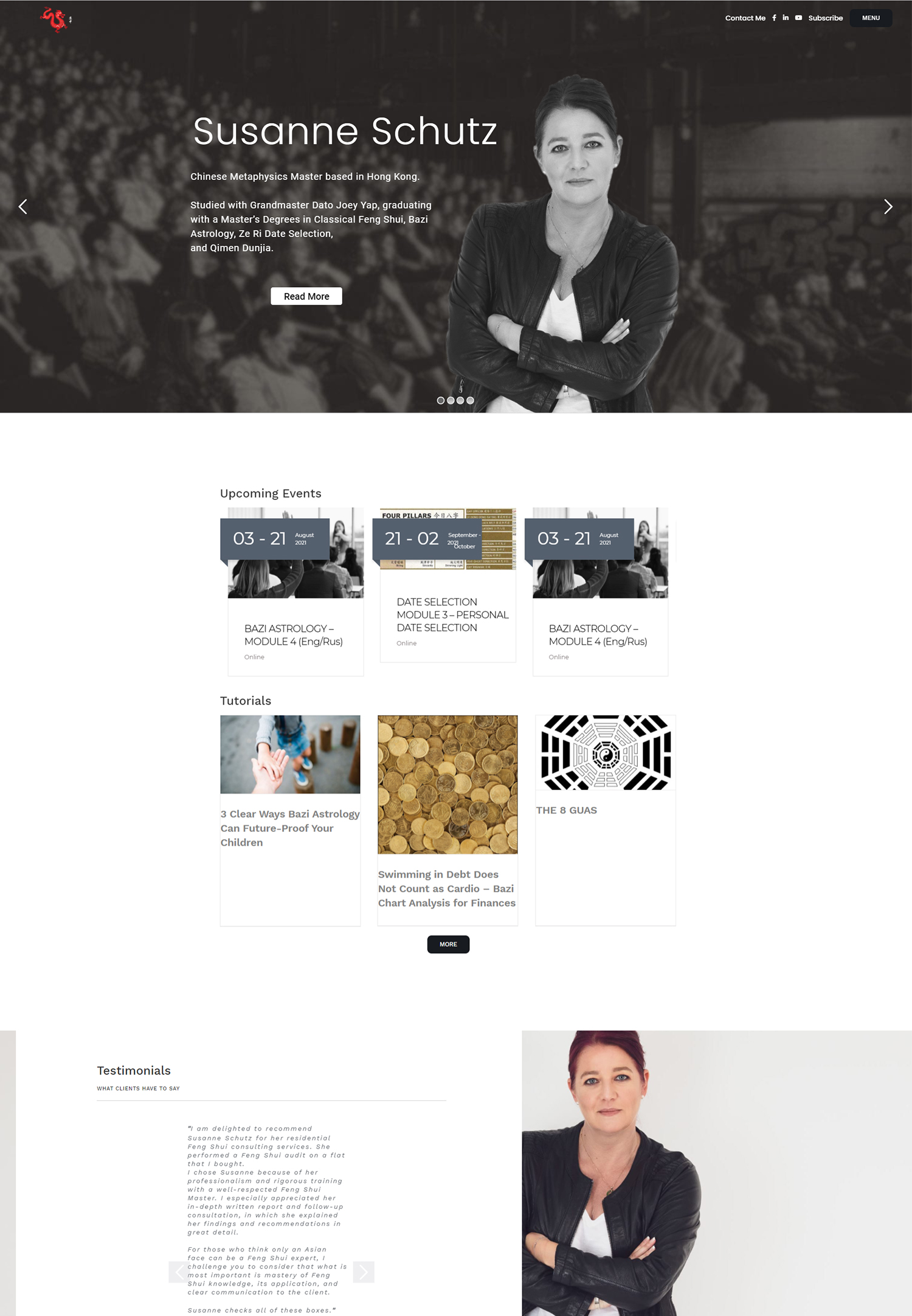Pay-per-click (PPC) advertising has emerged as a cornerstone of digital marketing, offering businesses a powerful way to reach their target audience. At its core, PPC is a model where advertisers pay a fee each time their ad is clicked. This means that rather than earning visits organically, we are essentially buying visits to our site.
The most common platform for PPC advertising is Google Ads, but there are numerous other platforms, including Bing Ads and social media networks like Facebook and Instagram. Understanding how these platforms operate is crucial for us to leverage their full potential. The beauty of PPC lies in its immediacy and measurable results.
Unlike traditional advertising methods, which can take time to yield results, PPC allows us to see traffic and engagement almost instantly after launching a campaign. This immediacy is particularly beneficial for businesses looking to promote time-sensitive offers or events. Additionally, PPC provides us with detailed analytics that can help us understand user behavior, allowing for data-driven decisions that can enhance our marketing strategies.
By grasping the fundamentals of PPC, we position ourselves to create effective campaigns that can drive significant traffic and conversions.
Key Takeaways
- PPC advertising is a form of online advertising where advertisers pay a fee each time their ad is clicked.
- Choosing the right keywords is crucial for the success of your PPC campaign as it determines when and where your ad will appear.
- Crafting compelling ad copy is essential to grab the attention of your target audience and encourage them to click on your ad.
- Utilizing ad extensions such as callouts, sitelinks, and structured snippets can enhance your ads and provide additional information to potential customers.
- Monitoring and analyzing your campaign performance is important to understand what is working and what needs improvement in your PPC campaign.
Choosing the Right Keywords for Your Campaign
Conducting Thorough Keyword Research
This process begins with thorough keyword research, where we analyze search volume, competition, and relevance to our offerings. Tools like Google Keyword Planner can be invaluable in this phase, providing insights into which keywords are most likely to drive traffic. Moreover, we must consider the intent behind the keywords we choose.
Understanding Keyword Types
Keywords can be categorized into three main types: broad match, phrase match, and exact match. Broad match keywords allow our ads to show for variations of our chosen terms, while phrase match and exact match keywords offer more control over when our ads appear. By balancing these types of keywords, we can reach a wider audience while also targeting those who are more likely to convert.
Targeting Niche Markets with Long-Tail Keywords
Additionally, incorporating long-tail keywords—more specific phrases that typically have lower search volume but higher conversion rates—can help us capture niche markets and reduce competition.
Crafting Compelling Ad Copy
Once we have identified our target keywords, the next step is to craft compelling ad copy that resonates with our audience. The ad copy is often the first interaction potential customers have with our brand, so it must be engaging and persuasive. A well-written ad should clearly communicate the value proposition of our product or service while also incorporating the targeted keywords naturally.
This not only helps with relevance but also improves our Quality Score in platforms like Google Ads, which can lead to lower costs per click. In addition to clarity and relevance, we should focus on creating a sense of urgency in our ad copy. Phrases like “limited time offer” or “act now” can encourage users to click on our ads rather than delaying their decision.
Furthermore, including a strong call-to-action (CTA) is essential; it guides users on what to do next, whether it’s “Shop Now,” “Learn More,” or “Get a Free Quote.” By combining these elements—clarity, urgency, and a strong CTA—we can create ad copy that not only attracts clicks but also drives conversions.
Utilizing Ad Extensions to Enhance Your Ads
| Ad Extension Type | Benefits |
|---|---|
| Location Extension | Increases visibility and provides useful information to potential customers. |
| Callout Extension | Highlights specific offers, promotions, or unique selling points. |
| Sitelink Extension | Directs users to specific pages on your website, increasing the likelihood of conversion. |
| Call Extension | Allows users to call your business directly from the ad, increasing convenience for potential customers. |
| Structured Snippet Extension | Provides additional details about your products or services, enhancing ad relevance. |
Ad extensions are an often-overlooked feature in PPC advertising that can significantly enhance the performance of our ads. These extensions provide additional information about our business and can make our ads more appealing to potential customers. Common types of ad extensions include site link extensions, call extensions, location extensions, and review extensions.
By utilizing these features, we can provide users with more reasons to click on our ads while also improving our ad’s visibility on search engine results pages. For instance, site link extensions allow us to include additional links within our ad that direct users to specific pages on our website, such as product categories or special promotions. This not only increases the chances of clicks but also helps users find exactly what they are looking for more quickly.
Call extensions enable users to call our business directly from the ad, which is particularly beneficial for mobile users who may prefer speaking to someone rather than navigating through a website. By strategically implementing ad extensions, we can enhance user experience and improve overall campaign performance.
Monitoring and Analyzing Your Campaign Performance
Monitoring and analyzing our PPC campaign performance is crucial for understanding what works and what doesn’t. Once our campaigns are live, we should regularly review key performance indicators (KPIs) such as click-through rates (CTR), conversion rates, cost per acquisition (CPA), and return on ad spend (ROAS). These metrics provide valuable insights into how effectively our ads are performing and where adjustments may be necessary.
For instance, if we notice a low CTR on certain ads, it may indicate that our ad copy needs refinement or that we are targeting the wrong audience. In addition to quantitative metrics, qualitative analysis is equally important. We should take the time to review user feedback and comments on our ads or landing pages.
This feedback can provide insights into customer perceptions and preferences that numbers alone may not reveal. By combining both quantitative and qualitative data, we can make informed decisions about optimizing our campaigns for better performance. Regular monitoring allows us to stay agile in our approach, making necessary adjustments in real-time to maximize the effectiveness of our PPC efforts.
Optimizing Your PPC Campaign for Maximum Reach
Testing and Refining Our Approach
A/B testing is a powerful method we can employ; by running two versions of an ad simultaneously, we can compare their performance and identify which one resonates more with our audience.
The Importance of Negative Keywords
Additionally, we should not overlook the importance of negative keywords in our optimization strategy. Negative keywords prevent our ads from showing up for irrelevant searches, helping us save budget and improve overall campaign efficiency. By regularly updating our negative keyword list based on search term reports, we can refine our targeting further and ensure that we are reaching the most relevant audience possible.
Mastering PPC Advertising for Success
Ultimately, through diligent monitoring and optimization efforts, we can enhance the reach and effectiveness of our PPC campaigns, driving better results for our business. In conclusion, mastering PPC advertising requires a comprehensive understanding of its fundamentals, strategic keyword selection, compelling ad copy creation, effective use of ad extensions, diligent monitoring of performance metrics, and ongoing optimization efforts. By embracing these principles collectively, we position ourselves for success in the competitive landscape of digital marketing.
If you are looking to drive more traffic to your law firm’s website through PPC advertising, you may want to consider scheduling a business strategy session with Populis Digital. In this session, you can learn how to effectively increase sales and optimize your PPC campaigns for maximum results. Check out their article on how to increase sales for more information on how to make the most out of your PPC advertising efforts.
FAQs
What is PPC advertising for law firms?
PPC (pay-per-click) advertising for law firms is a digital marketing strategy where law firms create ads and bid on keywords related to their legal services. They pay a fee each time their ad is clicked, driving traffic to their website.
How does PPC advertising work for law firms?
Law firms create ads and bid on specific keywords related to their legal services. When someone searches for those keywords, the firm’s ad may appear at the top of the search results. The firm pays a fee each time someone clicks on their ad.
What are the benefits of PPC advertising for law firms?
PPC advertising for law firms can help increase visibility, drive targeted traffic to their website, and generate leads. It also allows firms to track and measure the success of their campaigns and adjust their strategies accordingly.
What are some best practices for PPC advertising for law firms?
Some best practices for PPC advertising for law firms include conducting keyword research, creating compelling ad copy, targeting specific geographic locations, and optimizing landing pages for conversions.
What are some common mistakes to avoid in PPC advertising for law firms?
Common mistakes to avoid in PPC advertising for law firms include not targeting the right keywords, neglecting to optimize landing pages, not tracking and analyzing campaign performance, and not setting a budget or monitoring spending.






